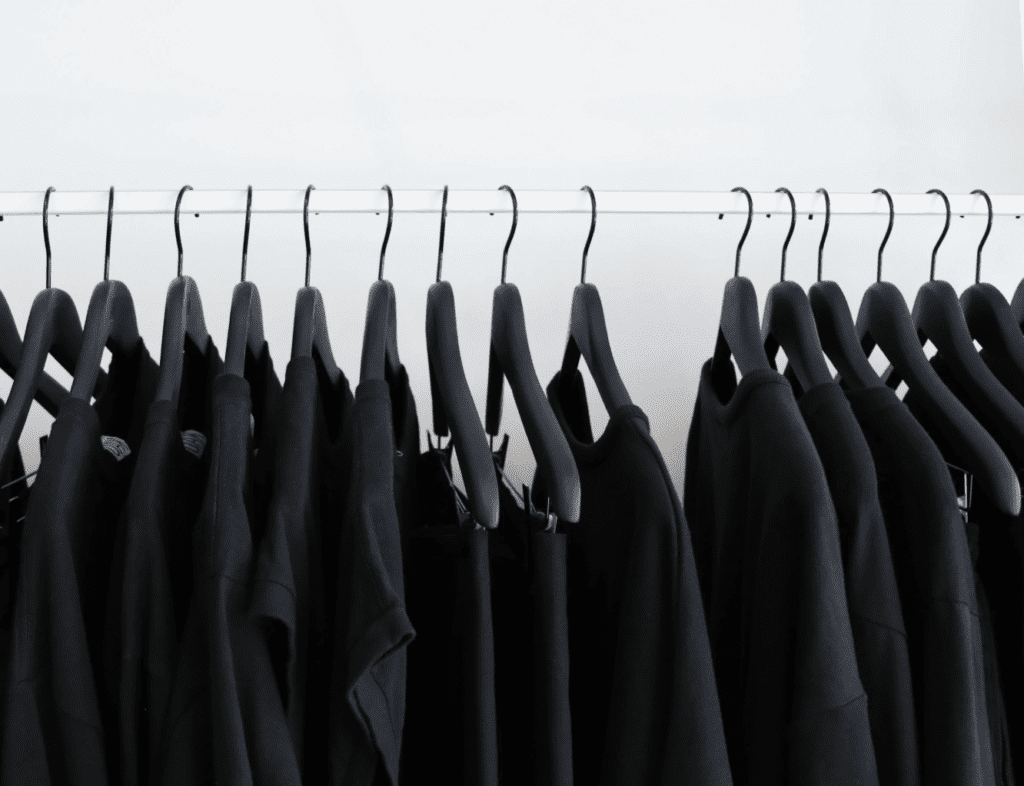Early last month, Harvard Business Review published an interesting intellectual property-related article, in which declared that Tesla Motors CEO and SpaceX founder-slash-CEO Elon Musk “doesn’t care about patents.” The article’s authors Michael Heller and James Salzman followed up on this attention-grabbing assertion by asking, “Should you?” The opening lines of the article very much set the tone, “Ownership seems straightforward in business: Get a patent or copyright when you create something. Charge for its use. Avoid ambiguity about who owns what.”
Heller and Salzman argue, however, that “much of this wisdom is wrong,” and in fact, the “world’s savviest businesses already know this,” which is presumably why HBO tolerates theft, SpaceX forgoes patents (and Tesla has taken a stance on this, too), and Airbnb started operating without even knowing whether its product offering was legal. With this in mind, Heller and Salzman introduce the idea of “ownership engineering,” which they define as “creating value by managing how products and services are owned,” and they dive into three ownership engineering strategies, namely, tolerating theft, foregoing ownership, and leaning into ambiguity.
Tolerating theft – HBO chose not to pursue people who were using the passwords of others and thereby, “stealing” content. Instead, the entertainment titan decided to let the unauthorized usage grow the brand and create an affinity for the product. Microsoft did the same with its software in China, with Bill Gates saying, “As long as they’re going to steal it, we want them to steal ours … they’ll get sort of addicted and then we’ll somehow figure out how to collect sometime in the next decade.”
Gates’ logic prevailed, as China now accounts for 10 percent of the company’s annual revenue. The authors even suggest that this thinking has application in the luxury goods market (where both widespread trademark protections and counterfeiting prevail), citing a study that showed that 40 percent of people who bought counterfeit luxury goods ultimately went on to buy the genuine version later.
Foregoing ownership – The authors go on to assert that the basis for legal ownership is misplaced, and that there are substitutes available, such as secrecy, which appears to be the route being taken by Musk, who says, “We essentially have no patents. Our primary long-term competition is China. If we published patents it would be farcical because the Chinese would just use them as a recipe book.” There is also the “first-mover advantage.”
Leaning into ambiguity – Finally, the authors argue that legal clarity as to ownership is less important than many believe. Ownership ambiguity, the authors assert, creates “legitimate and valuable business opportunities.” They point to Uber, which started a business where car owners charge people for conveying passengers, and Airbnb, which launched a company that enables apartment owners charge holiday-goers, as examples of this; neither had a clear legal framework at the outset.
With the foregoing assertions in mind, should brand owners throw protections to the wind and follow in the footsteps of Mr. Musk? Not necessarily. While there may be arguments in favor of this approach, there are those that weigh against it. A recent joint report of the European Patent Office (“EPO”) and the European Union Intellectual Property Office (“EUIPO”), for instance, asserts that businesses with at least one registered patent, design or trademark have an average of 20 percent higher revenue per employee than businesses without any of those rights. And actually, while a 60 percent premium exists for entities that have a combined portfolio of patent, trademark, and design rights, of these three types of intellectual property rights, the EPO/EUIPO found that patents pay the greatest dividends. Specifically, the EUIPO and EPO found that “greatest effect” in terms of value was demonstrated by companies that own at least one patent, which resulted in a 36 percent increase in revenue per employee. These figures appear to establish a clear link between intellectual property ownership and commercial success.
(It is also worth noting that while SpaceX may not be seeking out patent protections for its various innovations, it is not disavowing iP protections across the board, as it has been protecting other assets, such as its uses of the SpaceX name, as indicated by filings with trademark offices across the globe.)
Ever since the Venetians granted exclusivity to the Murano glass makers in the 15th century, we have been granting time-limited monopolies (generally 20 years for patents) to inventive people. There is simply no doubt that the system of monopoly protection in exchange for information has played a significant role in technological progress. Much of this progress has been good – we see it now more than ever with COVID-19 vaccines (although admittedly there is controversy as to whether these patents should be suspended in this time of crisis). The Harvard Business Review article is, without doubt, an interesting read, but does not tell the whole story about the merit of the different intellectual property protections.
Rowan Forster is an Executive in ENSafrica’s Intellectual Property department. He specializes in the drafting, filing and prosecution of patent and design applications, and in trademark filing and prosecution in various jurisdictions.











